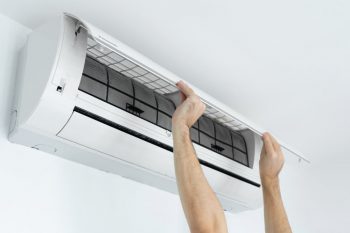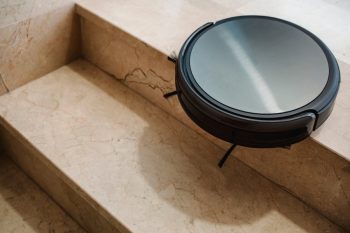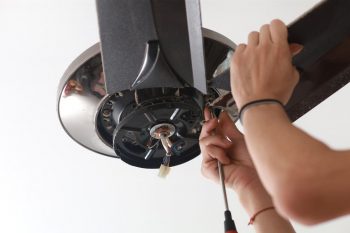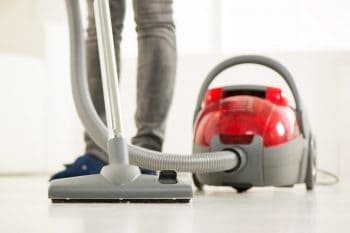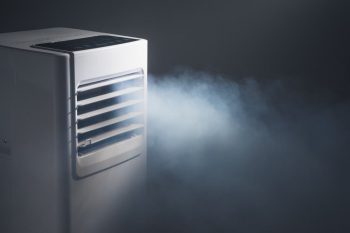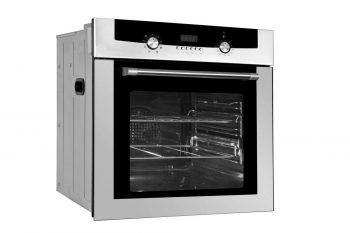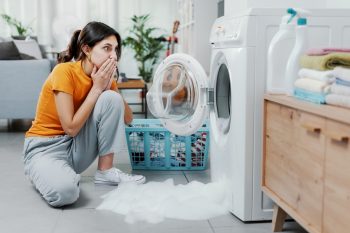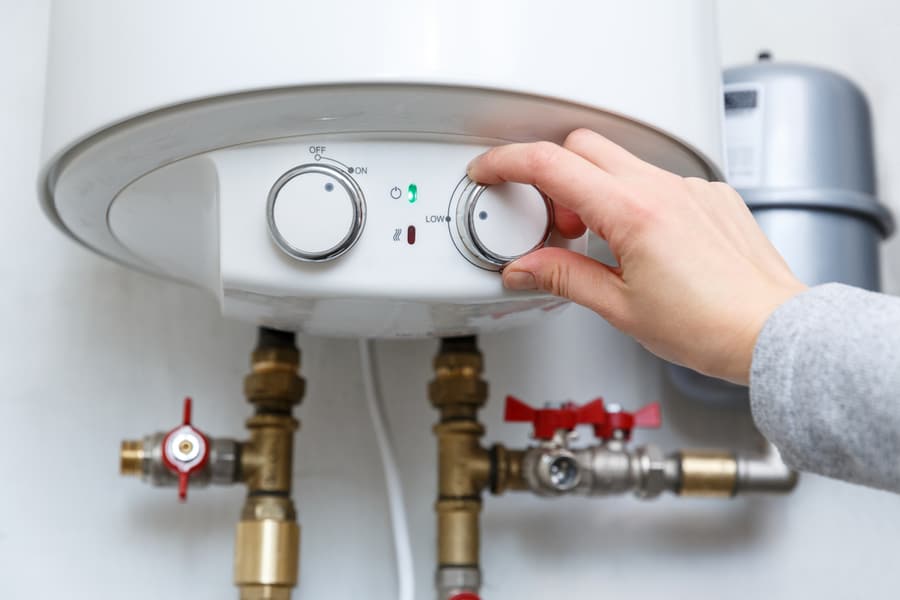
Unless you enjoy cold showers in the morning, a water heater is a practical necessity for any home.
But because a water heater is installed out of sight, homeowners tend to forget it even exists until it starts squealing.
No, that loud screaming noise isn’t from someone trapped in your basement. Instead, that’s probably just your water heater. But why is it making that sound, and how can you fix it?
Here’s what you need to know.
- Water heaters produce high-pitched noises from pressure build-up in the tank.
- The pressure relief valve helps to normalize pressure inside to stop the tank from making noise.
- A broken valve can cause serious damage and require immediate attention and repair.
The jarring noise of a screaming water heater can spook any homeowner, but don’t fret. There’s a perfectly logical explanation for the sound and a pretty easy solution that you can do to stop it.
Why Do Water Heaters Squeal?
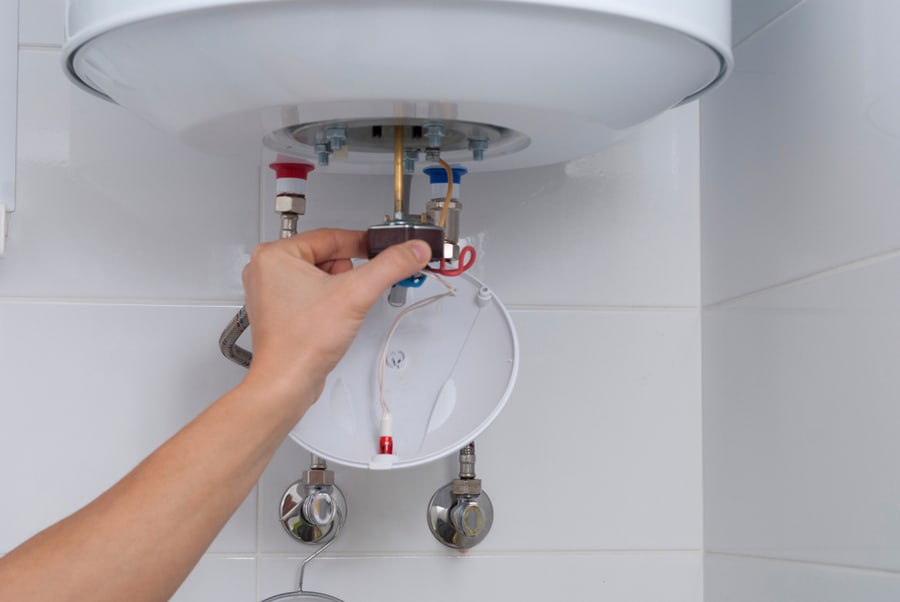
If you pay attention in your high school physics class, you’ll know that heat builds up pressure. So the hotter something is, the greater the pressure it creates.
As the water in your heater’s tank rises in temperature, the pressure in the space also increases.
Water heaters use a pressure relief valve to control the build-up of pressure. This allows steam and gas to exit the chamber to neutralize the pressure in the tank.
If your water tank’s relief valve works properly, you won’t notice it.
When a pressure relief valve is broken or malfunctioning, it will start to call for your attention. As pressure rises in the tank, built-up steam has nowhere to escape.
So it may force its way through a narrow release exit or even tight crevices along the tank’s walls where its panels come together. This creates a high-pitched squealing or screaming noise.
How To Stop a Water Heater From Squealing
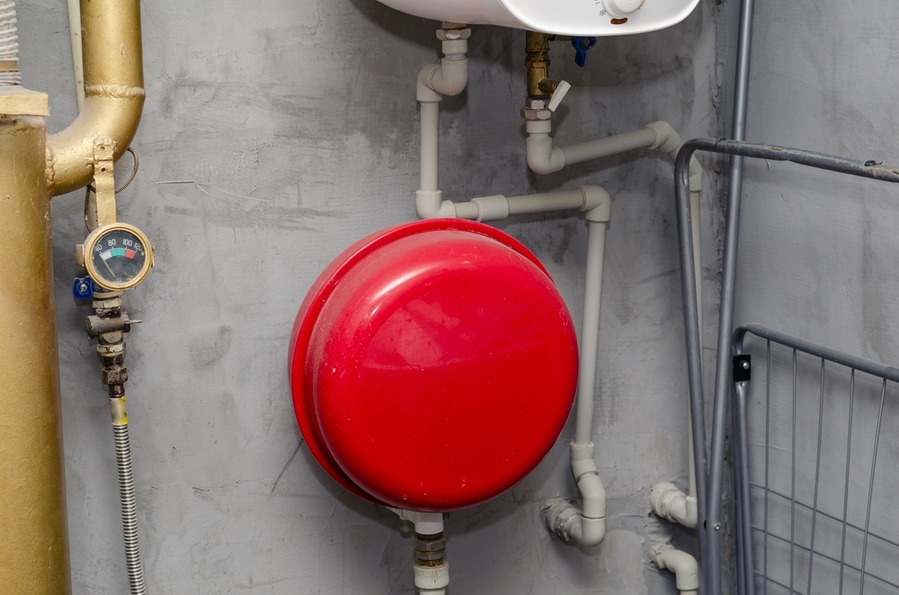
The pressure relief valve appears on the side of the tank as a lever that you can switch up or down. To open the relief valve, turn the lever up.
This should release built-up pressure and relieve the water tank to prevent squealing or screaming noises.
If your water heater makes these sounds after the pressure is released, you may want to call a professional to check it.
In some cases, a pressure relief valve can be stuck inside. So even if you can flip the lever, the internal mechanism doesn’t follow. This may indicate a need for repair or replacement.
What Happens When a Pressure Relief Valve Is Broken?
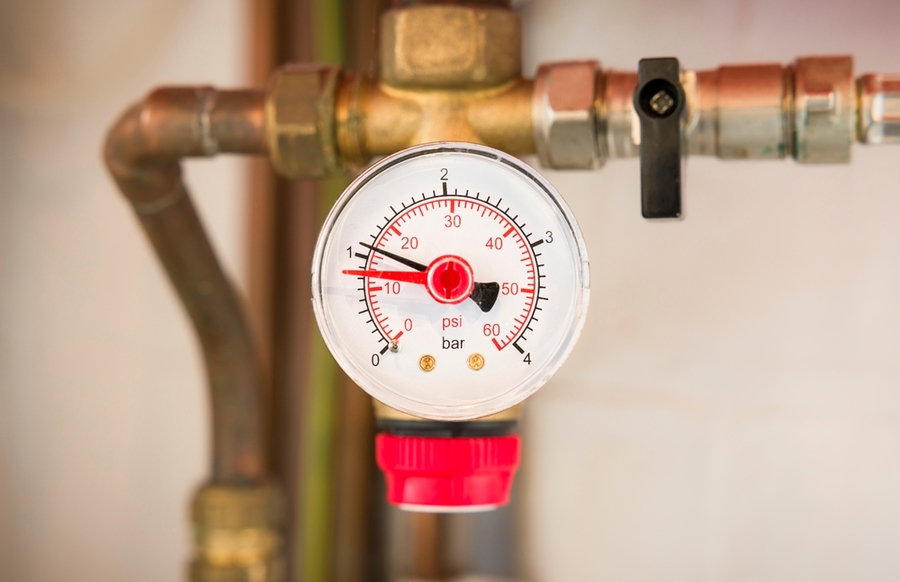
Water tanks can only hold so much water and steam. That’s why the pressure relief valve is an important system part.
If it’s broken or malfunctioning, you could experience a range of problems with your water tank, including the following:
- Excessive leaking.
- Constant, loud, disruptive noises.
- Unnecessary wear and tear on the system’s various components.
- Cracks and breaks in the tank.
- Bursting.
It would be best if you replaced your pressure relief valve at least once every five years. Then, to test if it’s working properly, turn it up and see if water flows through the overflow tube.
Do this when the tank is full. If water comes out when the valve opens, you can bet it works fine. If not, it may be broken or blocked. Either way, you may need to replace it.
Takeaway
Water heaters can make some pretty strange and scary noises when pressure builds. Fortunately, they always come with a pressure relief valve that lets you release built-up steam and excess water to neutralize those sounds.
Frequently Asked Questions
Is It Okay To Leave a Pressure Relief Valve On?
Although leaving the pressure relief valve on would be much easier, issues may arise when refilling your tank.
If the valve is open when refilling, water can pass through the pressure relief pipe once the tank is full since the relief vent sits at the top of the chamber.
If you forget to close the valve, you could find your basement flooded.
Why Is My Water Heater Squeaking?
Another possible reason for squealing or squeaking noises is mineral deposits at the bottom of the tank.
Having your water tank cleaned every six months can help prevent the noise and possible malfunction associated with deposits.

